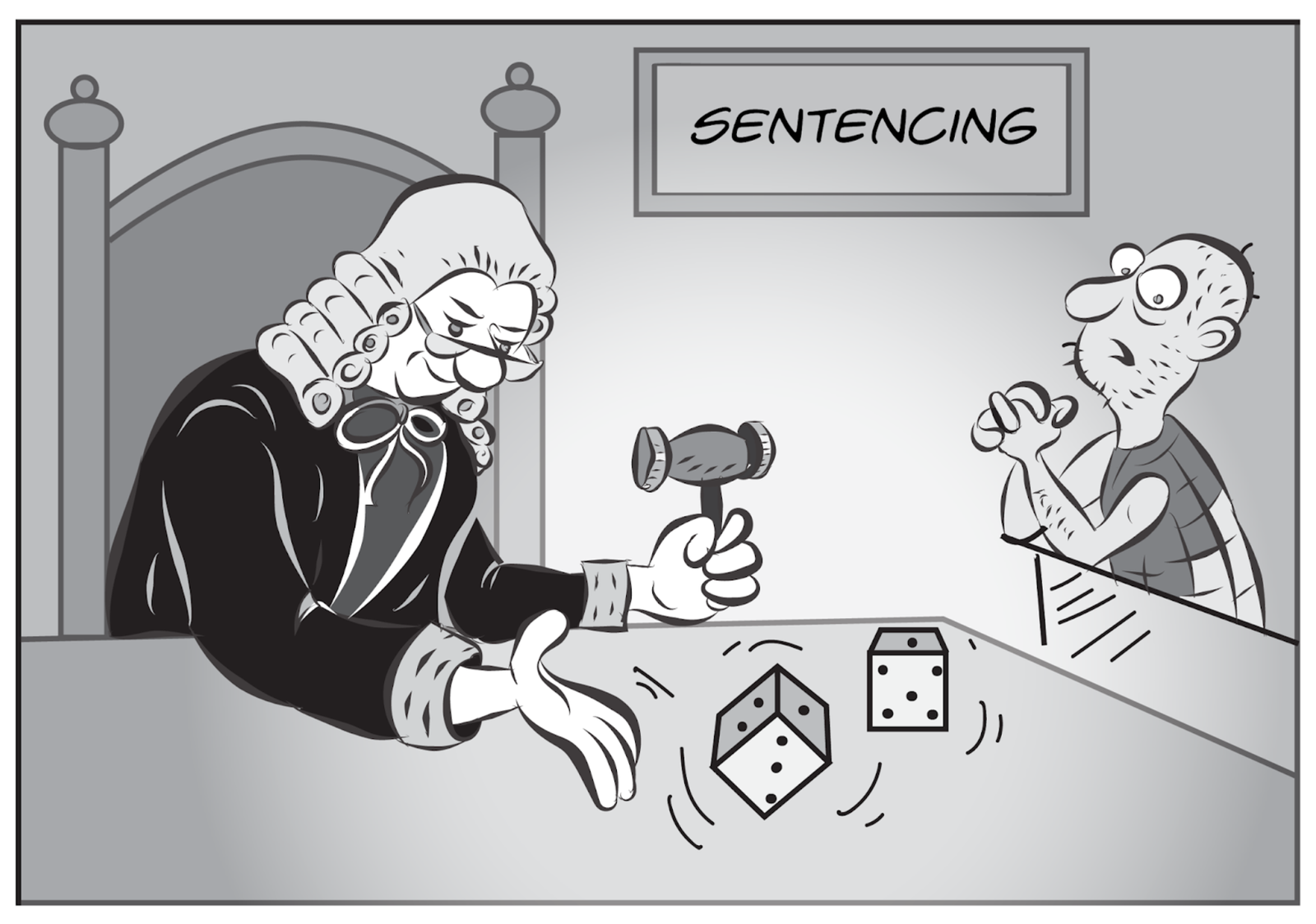Tag: anchor
-

You should always name your price first.
You should always name your price first Imagine you are in a market in China and see something you like. You ask what the price is and the lady gives you a figure which seems a little steep to you. In a market, you can be sure the price she has told you is way…
-

Judges should not play with dice
Judges, if they were allowed to play with dice, could be influenced by those dice when deciding on prison terms. I will explain how, but first I want to ask you a question: Do you think there are more or fewer than 15 countries in Africa? Think about it for a moment. More than 15…